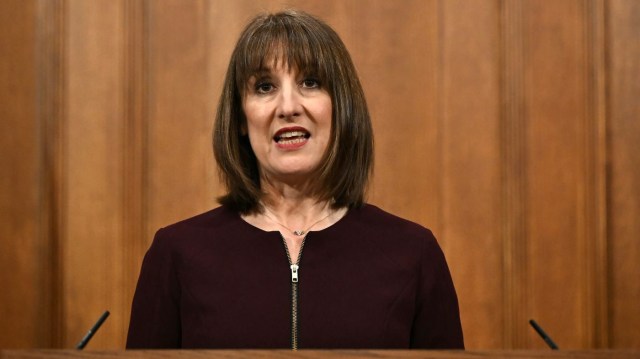Trade Tensions: UK Signals Cautious Approach to Trump-Era Deal Negotiations

In a strategic approach to international trade, the United Kingdom is carefully navigating potential economic partnerships with the United States. British Finance Minister Rachel Reeves has emphasized that while the UK will not hastily enter into tariff agreements, they are actively working to streamline trade barriers and create more opportunities for bilateral economic cooperation.
Reeves' statement signals a measured and deliberate approach to trade negotiations, suggesting that the UK is prioritizing thoughtful deal-making over rushed compromises. The government's focus appears to be on developing a balanced and mutually beneficial trade relationship that protects British economic interests while fostering productive international connections.
By taking a methodical stance, the UK aims to ensure that any future trade agreements with the United States are carefully crafted to support both nations' economic goals and maintain long-term strategic advantages.
